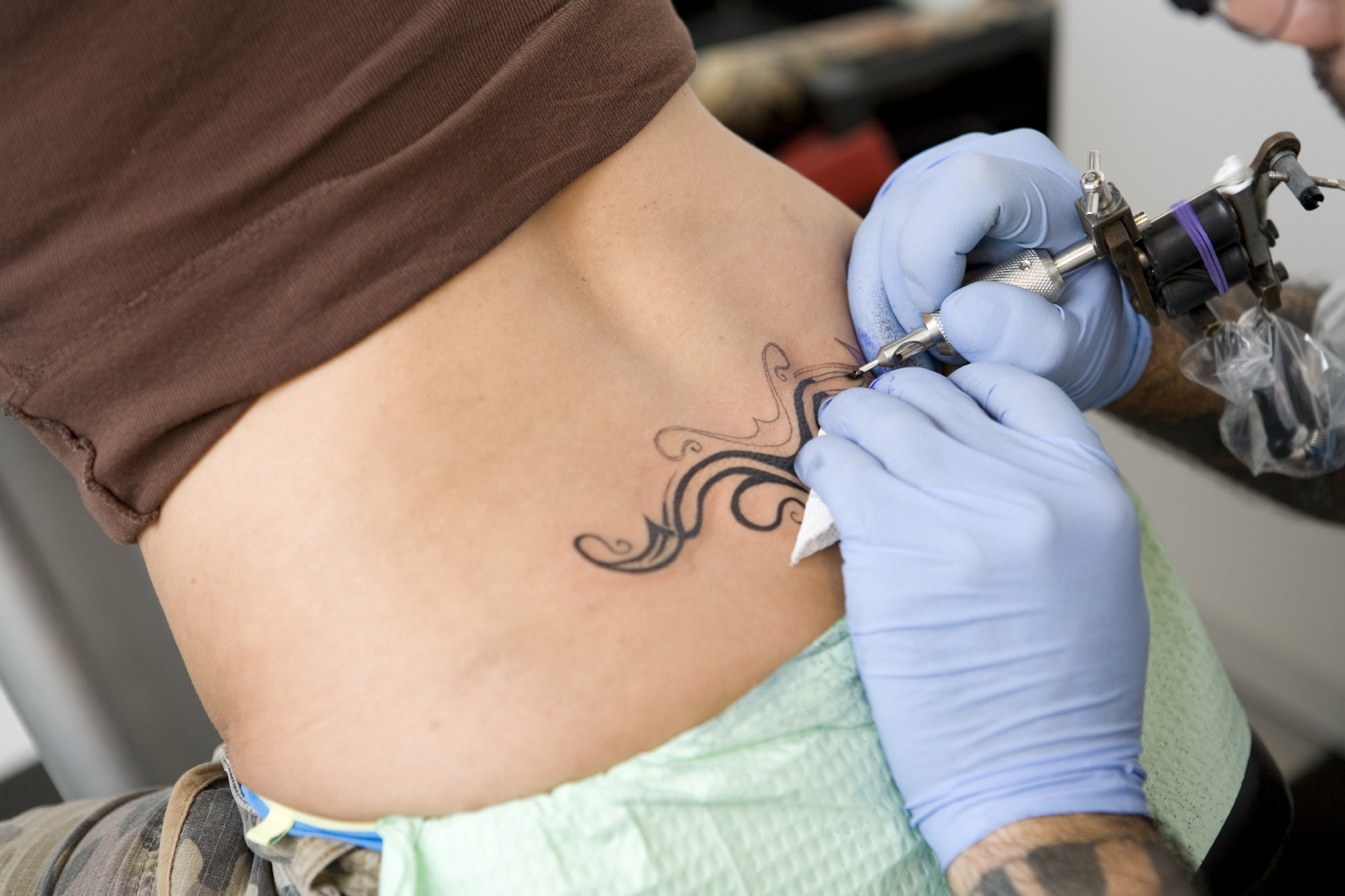 Just as the youth of the 1960s expressed themselves with long hair and funky clothes, many of today’s teens are using body marking to be “different” and display their individuality. A piercing or tattoo is a way your teen says, “I'm growing up and making my own decisions, even if you don’t like it!”
Just as the youth of the 1960s expressed themselves with long hair and funky clothes, many of today’s teens are using body marking to be “different” and display their individuality. A piercing or tattoo is a way your teen says, “I'm growing up and making my own decisions, even if you don’t like it!”
Your instinct might well be “Absolutely not!” How can you present your view in a way that respects your child’s growing need for independence and avoids triggering rebellious behavior? You’ll be better off to take a deep breath, control your strong emotional reaction, and ask, “Tell me more about why this is important to you.”
Sit back and listen. Take notes, even. Each time your son or daughter comes to a stopping point, ask again: “And why is that important to you?” Do this twice, and you are likely to uncover important insights about how your child is feeling about more than body embellishment.
Once you have listened to your teen in this way, it’s fine to say, “This doesn’t mean that I agree, but I really want to understand why this matters so much to you.” Now you are in a much better position to continue with a calm, rational discussion that includes open avenues to discussion:
- Passing fads — Was there a fad that you latched on to as a teen that later you regretted? Consider sharing this personal experience. “I remember when I decided to ... I’m not saying your experience will be the same, but later I wished ...” Ask your teen to consider other fads that have come and gone in recent years.
- Changing fashions — It’s easy to change a wardrobe item, but hard to undo a tattoo or gouged earlobes. Express your concern about the permanency of a piercing or tattoo and compare the trend to changing fashions. Body alterations are a much bigger deal than casting off last year’s jeans.
- Appearance — Talk about how appearance impacts first impressions. When teens have to visualize and talk about how a tattoo or piercing might be received, it makes what might be a fleeting desire more “real.” Examples include meeting their in-laws for the first time, at their wedding; preparing for a job interview; joining the PTA, etc.
- Individuality — Ask your teen to consider other ways to express and display individualism and independence, such as through writing, choice of clothing or jewelry, hairstyle or color, or even in a part-time job choice. Acceptance of these “changeable” items may help your teen address her or his individualism in less extreme ways.
- Health concerns — Share your health concerns about piercing and tattoos, but don’t exaggerate them. (A call to your child’s doctor before the conversation will add authority to your assertions.) Pain is a given, and bleeding, allergic reactions and infections are a risk with any tattoo or piercing. Talk frankly about how more serious risks like hepatitis or HIV can be transmitted in other than reputable and licensed establishments.
- Compromise — Come up with a solution you can both agree on. Maybe you'd accept a third earring or a navel ring over an eyebrow stud. Agree to a trial period with temporary or henna tattoos. Explore clip-on or magnetic rings for the lip, nose or navel, and glue-on studs for the nose.
- Time — Ask your teen to think about the decision for a mutually agreeable amount of time and promise to check back. When you do, remember to do more listening than talking as you explore if and how your teen’s feelings have changed in the meantime.
Although moments like this tax most parents’ patience, feel proud that your teen shared this desire with you. Keep focus on their positive attributes, and remember that this is a commendable person on a unique journey to adulthood. .
 Patti Skelton-McGougan is Executive Director of Youth Eastside Services (YES). YES is a nonprofit organization and a leading provider of youth counseling and substance abuse services in the region. Since 1968, YES has been a lifeline for kids and families, offering treatment, education and prevention services to help youth become healthy, confident and self-reliant and families to be strong, supportive and loving. While YES accepts insurance, Medicaid and offers a sliding scale, no one is turned away for inability to pay. For more information, visit YouthEastsideServices.org.
Patti Skelton-McGougan is Executive Director of Youth Eastside Services (YES). YES is a nonprofit organization and a leading provider of youth counseling and substance abuse services in the region. Since 1968, YES has been a lifeline for kids and families, offering treatment, education and prevention services to help youth become healthy, confident and self-reliant and families to be strong, supportive and loving. While YES accepts insurance, Medicaid and offers a sliding scale, no one is turned away for inability to pay. For more information, visit YouthEastsideServices.org.












